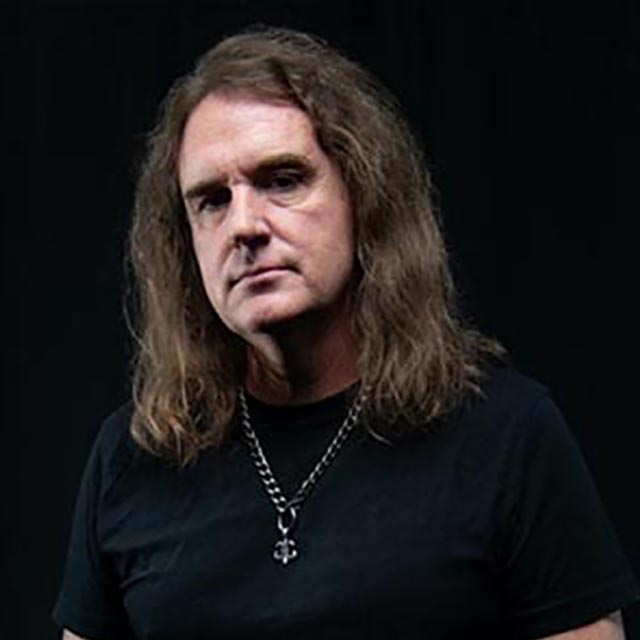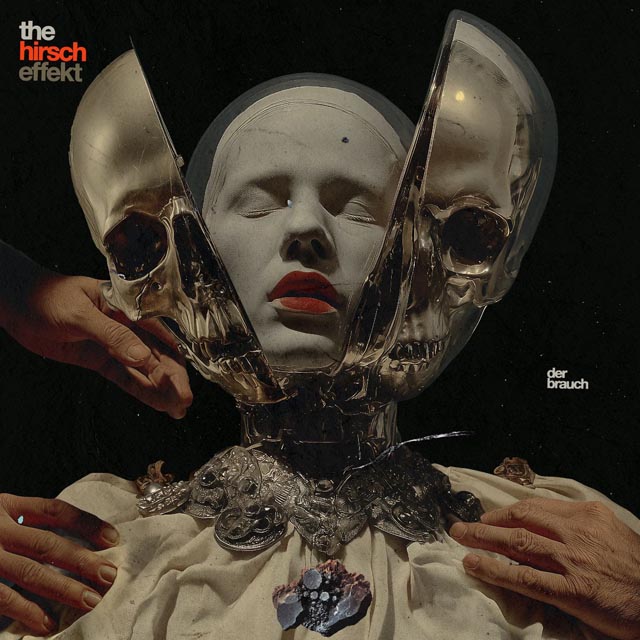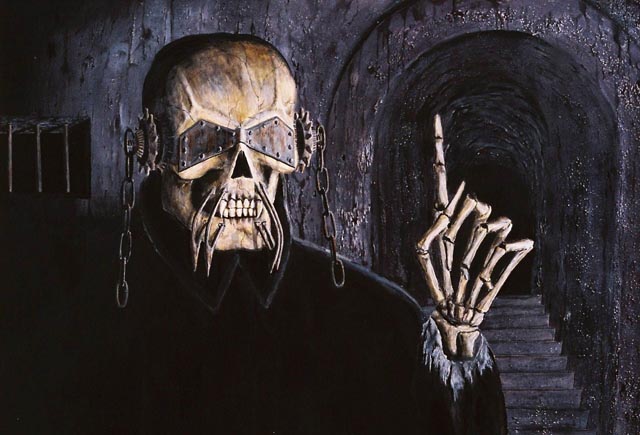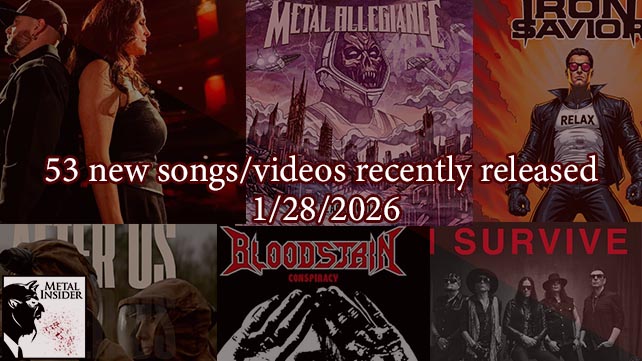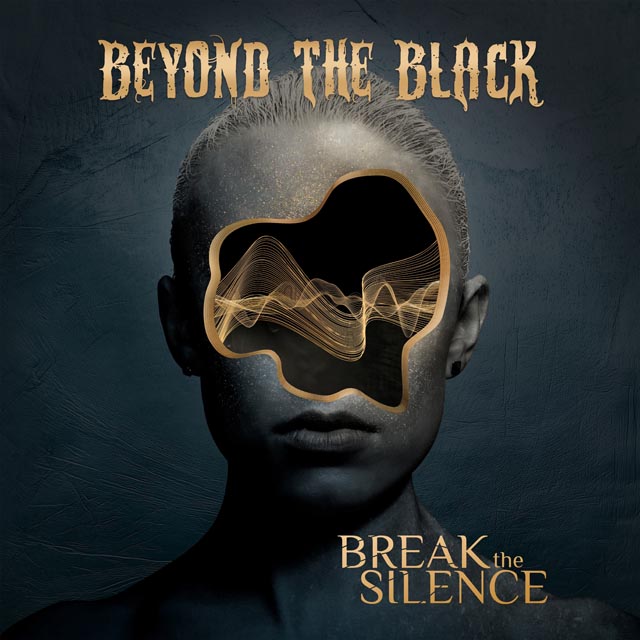
David Ellefson is a busy man. In addition to having been the bassist of Megadeth for the majority of the band’s career, he also has his own record label, EMP Label Group. But that’s not all – an avid coffee fan, he recently formed his own coffee company, Ellefson Coffee Co., in partnership with Between the Buried and Me’s Paul Waggoner. Following the debut of their dark roast “Roast In Peace,” they’ve just launched their second blend, “Kenya Thrash.” We caught up with Ellfeson to chat about his coffee obsession, whether he tried his bandmate Dave Mustaine’s now-defunct coffee, and to get an update on the label group.
How did the idea of having your own line of coffee come about?
I’ve been a coffee lover, a coffee fiend even at times, for most of my adult life. The time I first had it as a teenager, I didn’t care for it. But by the time I moved to Cali, I used to go to (former Megadeth drummer) Dijon Carruthers’ house and we would sit around and drink coffee. In the very earliest days of Megadeth, Summer and Ffall of 1983, Dijon actually got me into coffee. And he and I became friends and musical buddies, and coffee was sort of the brew between us. As coffee grew on throughout the years in America, the Starbucks revolution happened. What I liked about that was the consistency of coffee. I remember the first time I had Starbucks coffee was when I still lived in Los Angeles. A location opened and it had this coffeehouse experience. The last few years touring with Megadeth, I made tour videos and the expedition of the day was to find the nearest Starbucks. Part of it was about the love of coffee, part of it was this experience of the coffeehouse culture.
Me and my EMP Label Group team, we were talking about coffee and I was introduced to Paul Waggoner, who has Parliament Coffee Roasters and is also the guitar player in Between the Buried and Me. He and I struck up a real great coffee friendship. I didn’t even know he played in that band. A friend had given me the introduction, so I hit him up and we had some email exchanges and finally we got on the phone and talked about coffee and struck up a friendship. He sent me some beans and I realized he and I had similar tastes and we can talk about intricacies of coffee and we totally follow each other’s cues on our flavors and branding. Because he’s a metal head and knows my wroeld, we have a lot in common. It’s a really cool venture that we have so we branded Ellefson Coffee Company as it’s own company and I used Paul to source my beans and to do my roasting. We launched it with online orders. Unlike wine, when you want things to ferment, and the longer it sits the better it tastes, you want coffee to be roasted immediately and shipped to your door. What we are doing now, we are taking orders and then about every two weeks we roast and then ship immediately so when it shows up to your door, it’s fresh from the roaster.
I didn’t know Paul was involved. He does the actual roasting?
Yeah. Right before we had this call, we were just on an email thread discussing different areas we were looking to grow the company as far as retail opportunities, or even record shops or restaurants. We have a couple of restaurant opportunities. The more you grow in bulk, the thinner your profit margin becomes, but for me it’s really about the love of coffee at this point. That’s why for me, it was so important initially that I preached to the choir and went initially into my own fan base and people who know me and my identity with Megadeth and heavy metal. It becomes a signature of my lifestyle, that I’m into coffee. The fans know that. As musicians become more established in their careers, there becomes this sort of lifestyle identification and to me that’s what the coffee company is.
Didn’t Dave Mustaine have his own coffee company as well?
He did, yes. I don’t know too much about it. He told me a little bit about it. It’s funny we’ve actually had a further development of our own friendship because of coffee. He had his company during the years I wasn’t playing in Megadeth, so I wasn’t around when he was doing that.
Did you try his coffee at all?
I did not. Again, I wasn’t really around at that time, so I wasn’t close to the inner circle. He had some cool coffee cups at the studio, though, and we used those when we were working on fast records! So I really don’t know too much about his coffee company, but it’s certainly been a fun friendship for us to talk about coffee and coffee companies.

Did your appreciation of coffee grow with your becoming sober?
Yeah, because I think in the former drinker/drug-addict culture, coffee and cigarettes are big fall-backs. I think the cigarettes are the residue from that lifestyle, and the coffee is sort of this new obsession of sorts. I can’t say my love of coffee comes from that path, though, honestly. I’ve seen that happen, but I don’t think that’s happened to me. There may be a little bit of the addict mentality as far as focusing in on a new thing, and instead of focusing on the finer nuances of drugs and alcohol, suddenly it shifts to coffee. For me, it was a pretty clean break– the drug and alcohol life ended. In my sober life, I started working out and eating better. Suddenly your taste buds work, and your senses are more tuned in to the finer things of life. I remember when I lived in Los Angeles in ‘92 or ‘93, there were a few coffee shops. There was one on Ventura Boulevard that would roast different types of coffee, like hazelnut that I really liked. My wife and I would buy that all the time there. In Hawaii I loved the Kona coffee and the blends over there. I realized I enjoyed the flavor of the Hawaiian blends. There’s another shop there called Priscilla’sSshop right by the Disney building and that was a cool shop. I’d work out in the morning, eat lunch and then stop by Priscilla’s in the late afternoon for a quick pick-me-up. I think it’s more of the mentality. Instead of going for a pint later in the day, I’d go for a coffee to get me through the rest of the day.
How involved are you with each new blend that comes out? How long does it take for you and Paul to come up with something?
I’m involved with every step of the whole thing. The thing with me and Paul is we first hit it off as just gentlemen talking about coffee. He sent me some beans. I had an idea in mind of something I wanted of Indonesian Sumatra blends. He told me he had this Brazilian blend that he really encouraged me to try. It’s funny because I did not traditionally like Brazilian coffee. I found it to be very dry, but finally I tried it and I thought, ‘You know what, he’s right. This blend is awesome.’ I’ve even had a fan who has a coffee company in Guatemala hit me up and sent me some beans. Paul roasted them up and we thought ‘Hey, this is pretty good, we might want to consider a Guatemalan blend.’ Coffee’s region is around the center belt of the Earth and the climates are best there– Mexico, Africa, Ethiopia, Kenya, Sumatra and Hawaiian blends. That’s where coffee comes from. Because I wanted to signify a lifestyle and speak to my fans. I wanted to also have the names that bring in our lifestyles collectively as metalheads, music fans, and even incorporate the flags of the regions. The first one was Roast in Peace, the Brazilian one, and of course we have a tremendously huge fan base from Brazil. I’m not sure if we have an African fan base, Megadeth has never toured there but maybe I’m soon to find out if we have one. But the Kenyan blend is really unique, it’s a medium blend. Now I’m looking into a light blend because once I put those out, I understand that one does not fit all palettes and some people like to have a lighter blend. So we’ve got our dark with Roast in Peace, we’ve got out medium with Kenya Thrash, and we’re actually discussing a lighter blend and even getting into iced coffees and things like that.
You mentioned possibly going into retail, how far off is that and where would you want to be available?
Well it really comes down to how wide of a bandwidth you have in order to roast it, package it, and ship it. We are by no means on the highest level of meeting maximum profit margins, but for me the most important thing is I want it to taste good. I make money doing other things so I don’t need to have coffee pay my bills, so now for me the focus is on the quality rather than quantity. I’d rather sell 100 bags a month and have every bag be completely satisfying for the customer. Then it becomes a coffee potpourri in your house! I’d rather sell quality bags of coffee than have it turn into something cheap for mass production. There is always the situation when you start mass producing, that by nature you’re going to diminish quality because beans are going to sit on a shelf in a warehouse or a stock room. For me, as we’re getting interest from a couple of restaurants and coffee shops and maybe record shops, because for me it’s more of a lifestyle thing. I think there’s this sort of tricky thing is quantity versus quality.
How’s the label group going so far?
Sure, of course. It’s great. It’s really been a cool thing. I basically formed a label and did the distribution deal with eOne initially to put the Doll Skin record out. I released the EP and the first single was worked through the Megaforce group. Once we worked through the first single in the campaign, that was when we really got some traction and it gained us a lot of interest. I produced it because I understand it and I get it, and I have a vision for it. I realized it’s one of these things that’s like putting your own band together. Sometimes in order to get it done to the level you want it to be at and see it through, I have the resources and the people around me to put together a label. Thom Hazeart is my operations manager, and A&R, and he built my staff with radio and publicity and social media and all the backend resources of it. Now that we’ve got the Doll Skin record out, Tom says that there’s a bunch of people coming to us looking for us to put their records out. Thom’s got a great ear, he has a good A&R sensibility about him. I’ll get a lot of people sending me things, and sometimes it’s stuff I just don’t personally like. We’ll go back and forth on it, and having a good ear to not only know strong music and what is really sellable in the marketplace, but what is hopefully sellable in the future, is great. Part of the label is giving artists who are old friends opportunities to get their records out. We also want to get into the position to be able to farm out some new talent, like the Doll Skins of the world and bring forth new compelling exciting music that carves the path for the future of music. If you don’t invest in the future, eventually the train runs to the end of the tracks and that’s it.



